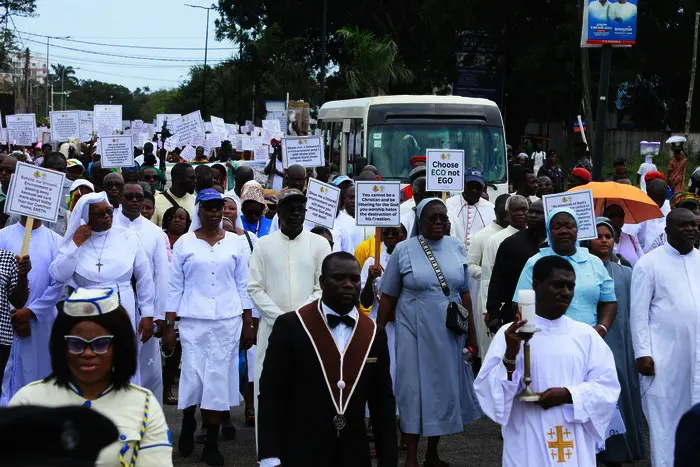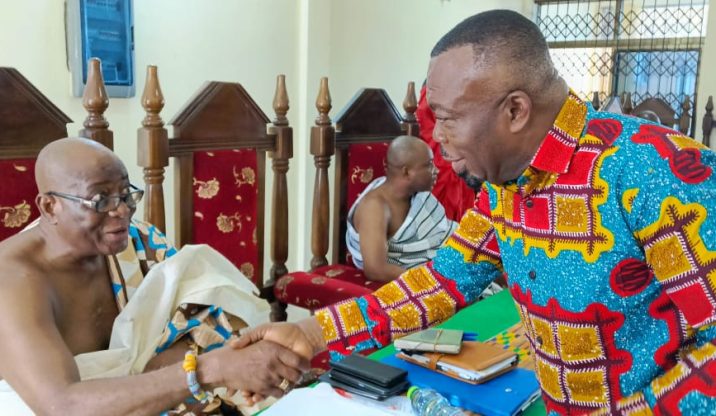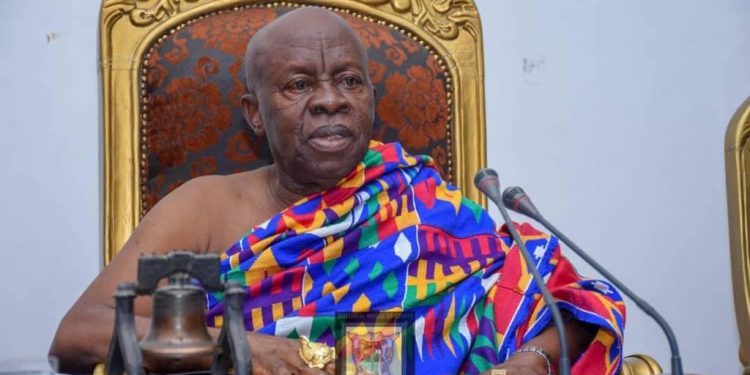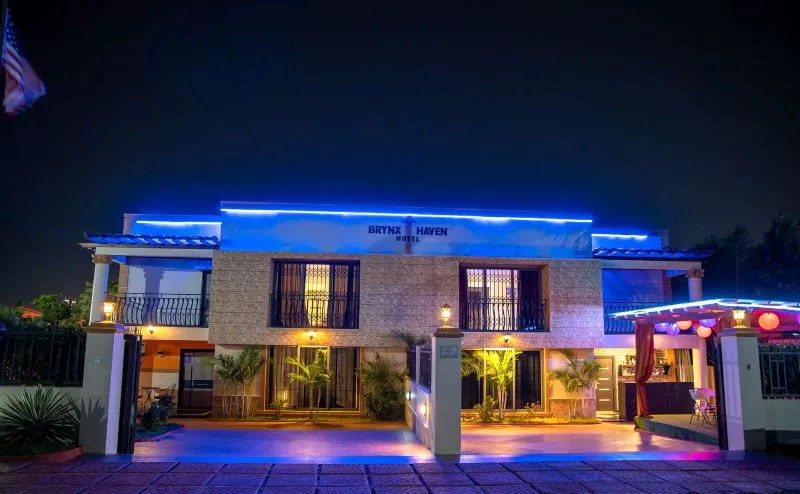The Founder and General Overseer of BibleHouse International Community Church, Apostle Justice Dennis Boamah, has called on churches in Ghana to move beyond the confines of spiritual ministration and take deliberate steps to build economic power through the ownership of banks, businesses, television and radio stations.
In a passionate sermon delivered on Sunday titled “Outcome of Seeking the Kingdom of God: The Example of King Uzziah” taken from 2 Chronicles 26, Apostle Boamah emphasized that God’s plan for the church is not limited to the pulpit, but extends into national influence and economic transformation. He argued that for the church to fulfill its divine mandate of spreading the gospel and impacting society, it must own strategic assets that will give it both voice and value in the nation.
He noted that King Uzziah’s example in Scripture is a compelling illustration of what happens when a leader seeks God first. According to him, Uzziah was only sixteen years old when he began to reign, but because he sought God sincerely under the spiritual guidance of the prophet Zechariah, God caused him to prosper. Under Uzziah’s leadership, Judah witnessed remarkable growth in agriculture, infrastructure, military strength, and innovation. His success, Apostle Boamah explained, was rooted in his spiritual alignment with God, proving that the pursuit of the Kingdom does not negate prosperity. It rather activates it.
Quoting Matthew 6:33, Apostle Boamah reminded the congregation that seeking first the Kingdom of God and His righteousness leads to the addition of all other things, including wealth and influence. He referenced Deuteronomy 8:18 to reinforce that it is God who gives His people the power to create wealth, not for selfish gain, but to establish His covenant on earth. He warned, however, that prosperity must not lead to pride, as it did in the latter years of King Uzziah’s reign, when his arrogance led to disobedience and eventual downfall.
Addressing the growing unemployment crisis in the country, Apostle Boamah said the church cannot continue to pray for miracles while neglecting its potential to become a job creator. He proposed that churches establish cooperative credit unions or banks to offer soft loans to members, especially the youth, to start businesses and acquire vocational skills. He encouraged the church to be awaken to its role as a builder of both souls and societies.
He stressed that in this generation, the church must carry weight, occupy space, and become respected, not just for its spiritual authority but also for its economic and intellectual contribution to national development. “We are called to be the head and not the tail,” he said. “The church must be a voice of leadership, not a background observer.”
According to him, the pulpit alone cannot carry the weight of national transformation. Media platforms, financial institutions, and business ventures owned by the church will not only create employment but also ensure that the gospel of Jesus Christ reaches wider audiences without compromise. “We cannot continue renting air time from stations that do not share our values. We need to own the platforms through which we speak,” he declared.
Apostle Boamah’s message comes at a time when the church’s role in national development is being re-examined. He emphasized that prosperity is not a contradiction of holiness but a tool for impact, if handled with humility and obedience to God. He cautioned leaders in the body of Christ to avoid the trap of pride that ensnared Uzziah and focus on building a legacy that combines spiritual authority with economic relevance.
The leader of BibleHouse concluded by urging church leaders across the nation to adopt a holistic vision of ministry – one that empowers congregants spiritually, economically, and socially.
He said, “The kingdom of God must be seen in our influence, our compassion, and our ability to lift others out of poverty.”
Source: Edmond Gyebi
The post Churches must build economic power to advance the gospel – Apostle Justice Boamah appeared first on Newstitbits.




















